Pohang, South Korea – Feb 16, (V7N) – Smoke continues to rise from factory chimneys in Pohang, South Korea’s steelmaking hub, but uncertainty looms over the city’s future as new U.S. tariffs threaten its biggest export.
Starting next month, Washington will impose a 25% tariff on all steel imports, a move that could severely impact South Korea’s steel industry, which accounted for 13% of U.S. steel imports last year. With the industry already struggling against global oversupply and competition from China, local leaders fear the new tariffs could be devastating.
“The steel industry is a fundamental pillar of South Korea’s economy,” said Pohang Mayor Lee Kang-deok. “If we fail to respond effectively to these tariffs, our economy could face an irreversible shock.”
Located 270 kilometers southeast of Seoul, Pohang has been a key industrial hub, home to steel giants like POSCO, Hyundai Steel, and Dongkuk Steel. The city’s economy has long depended on steel production, but years of global market pressures have led to factory closures and job losses.
“The steel industry has sustained Pohang for decades,” said Bang Sung-jun, a former Hyundai Steel worker and a union official. “But how we respond now will determine whether this city’s steel industry can survive.”
Hyundai Steel has already shut down one of its Pohang plants, leaving workers uncertain about their future. At the factory site, journalists saw union banners demanding accountability, while inside, debris lay piled up—an eerie sign of decline.
“For us workers, it has always been a crisis without any opportunities,” Bang added.
With South Korea’s steel sector already squeezed by Chinese competition and a strong Japanese yen, the U.S. tariffs are expected to worsen the situation. Analysts warn that if cheap Chinese steel—barred from the U.S. market—floods Southeast Asia and Europe, South Korean producers will face even harsher competition.
“The impact will be significant,” said Vladimir Tikhonov, a professor of Korean Studies at the University of Oslo. “Trump’s protectionism will further hurt an already struggling industry.”
Some industry experts suggest South Korea could explore new export markets, but for workers in Pohang, the immediate concern is job security.
Worker Lee Woo-man, who has been a subcontractor for POSCO for two decades, said 20 of his colleagues lost their jobs last year.
“I expect employment in the city to decrease even more,” he said. “Pohang isn’t the vibrant city it once was.”
Watching the smoke rise from steel mills used to fill Lee with pride. Now, it fills him with worry.
“I don’t know when this will all fall apart.”
END/BUS/RH/



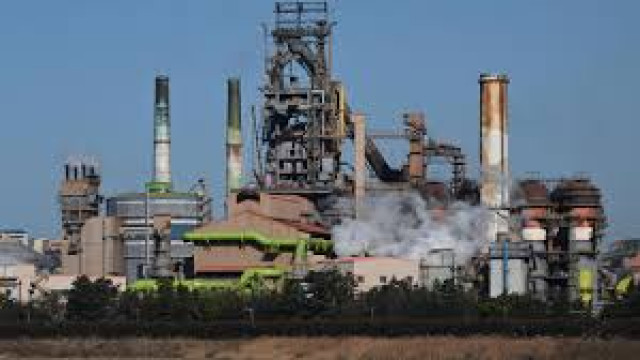
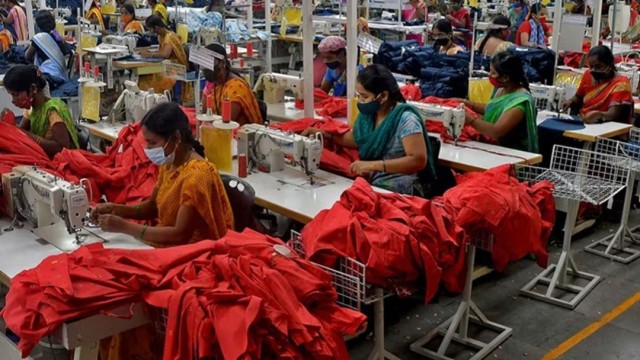





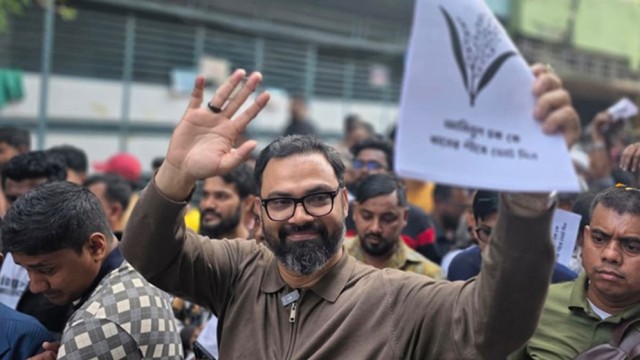
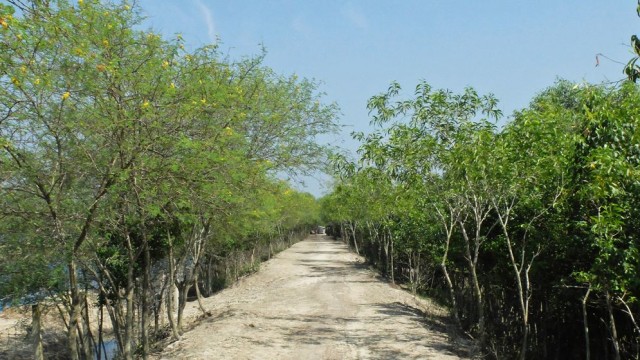
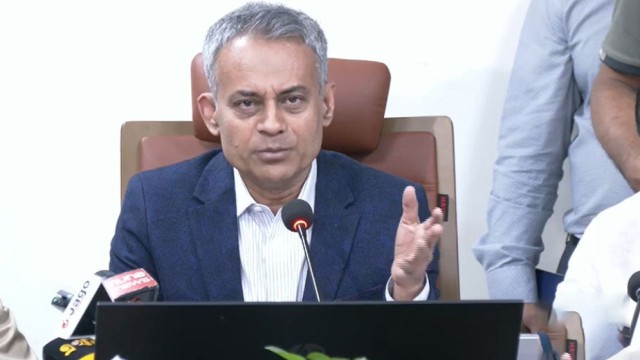

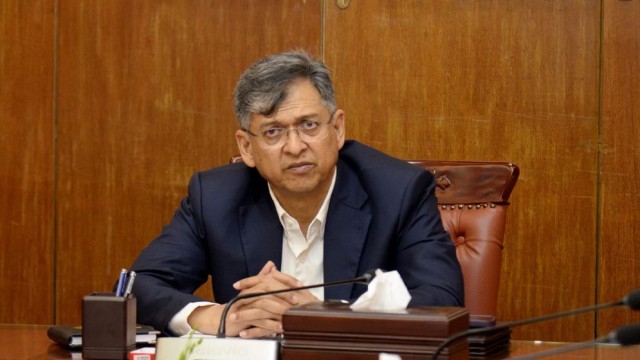

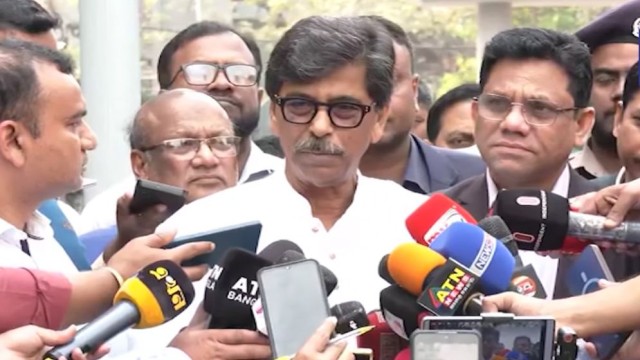
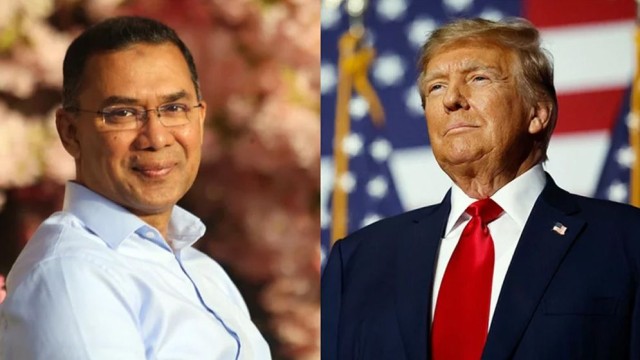
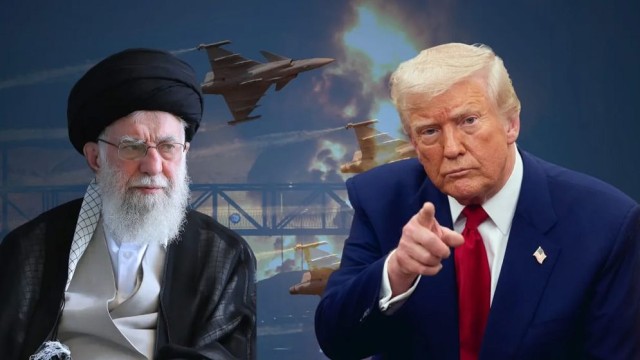












Comment: